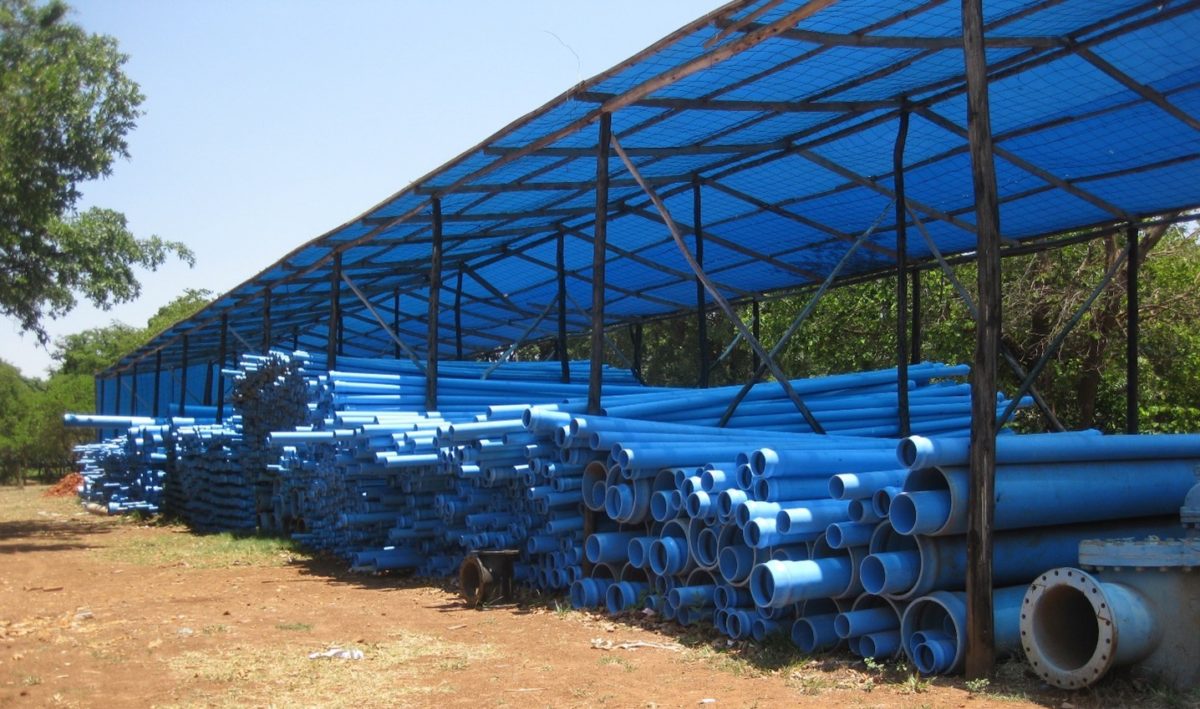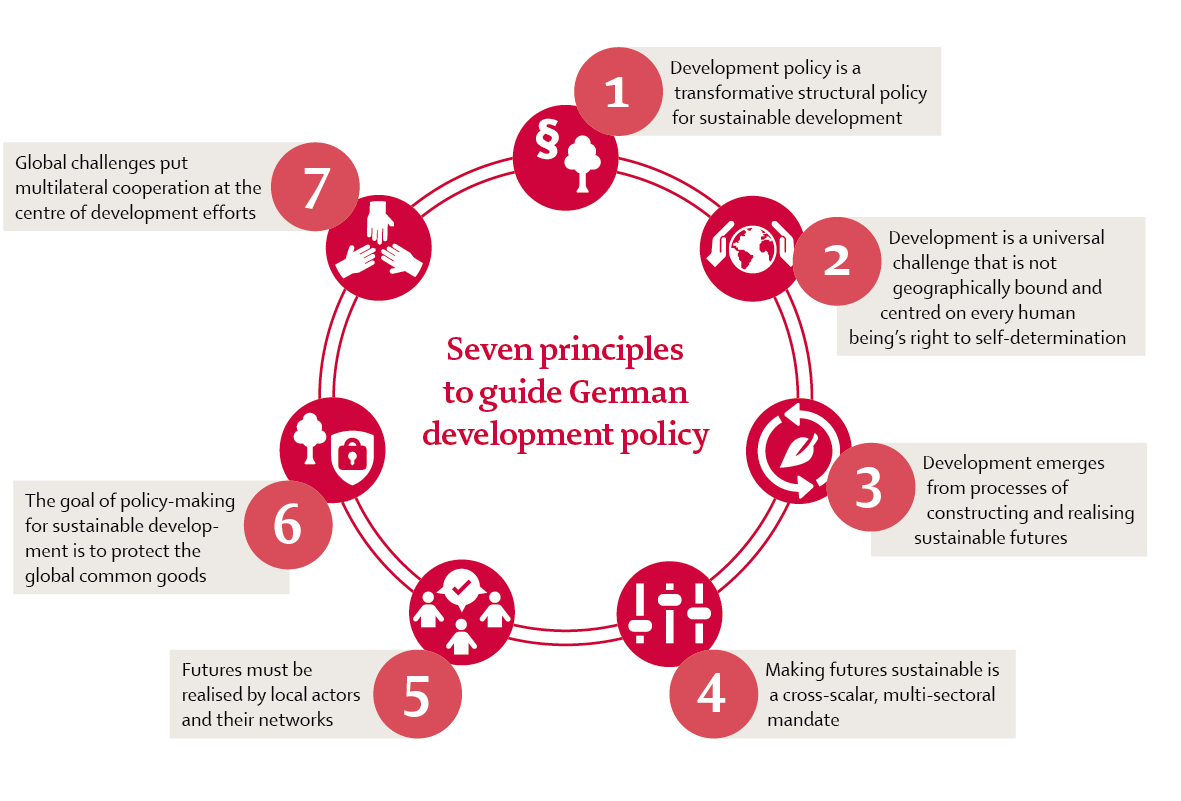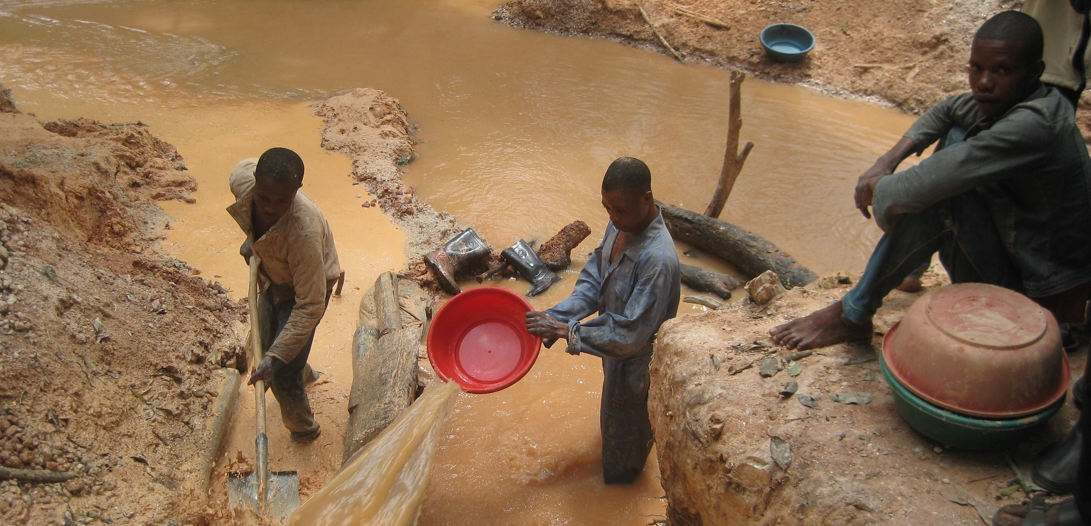By Andrea Beck
Just over 15 years have passed since the UN Secretary-General’s Advisory Board on Water and Sanitation (UNSGAB) published a plan that proposed, inter alia, the concept of Water Operator Partnerships (WOPs). In this plan, which was released in March 2006, WOPs were envisioned as “a structured programme of cooperation among water operators, based on mutual support and on a not-for-profit basis.” The idea was to use peer-to-peer learning and knowledge exchange to develop the capacities of water operators, so that they could deliver reliable, good-quality services on the way to the Millennium Development Goals (MDGs). Continue reading “Water Operator Partnerships after 15 years: Re-politicising the debate”



